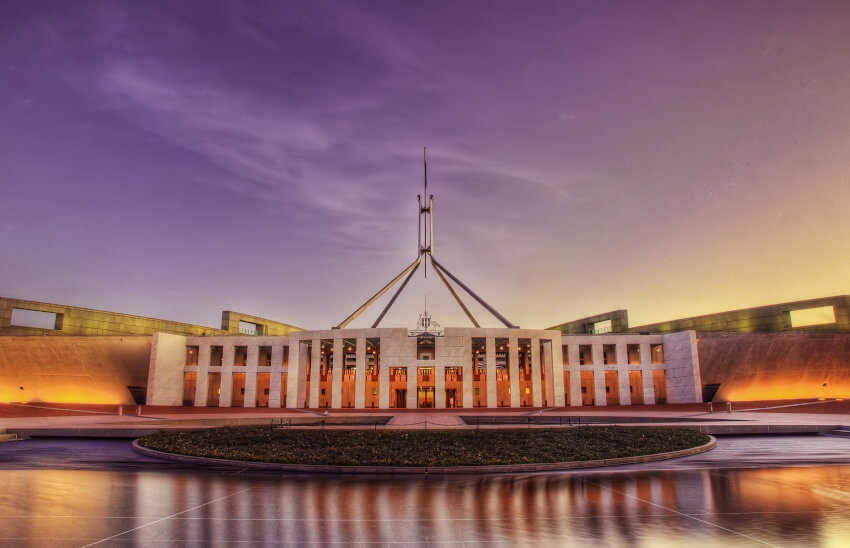The professional accounting bodies have taken aim at federal government fees, noting that while state and territory governments have either reduced or waived fees for businesses to assist them through the pandemic, a federal approach has been lacking.
In particular, ASIC’s industry funding model has come under heavy fire again, with the corporate regulator releasing its indicative levies in June without factoring in the impact of COVID-19 on entities who are required to pay these fees.
You’re out of free articles for this month
The Institute of Public Accountants has been scathing in its assessment, noting that, in some cases, the fees for auditors, registered liquidators, superannuation advisers and financial advisers are “excessive, disproportionate, reduce competition [and] lack transparency”.
Likewise, Chartered Accountants Australia and New Zealand is of the view that the corporate regulator’s industry funding model could have a “disproportionate impact” on firms when coupled with the impact of the pandemic.
“The cumulative effect of levies, especially on small businesses who need the multiple registration, is significant,” CA ANZ said.
CPA Australia also believes ASIC’s funding model will have an adverse impact on the supply of practitioners, who will be needed more than ever to deal with the fallout of the economic downturn.
“The ASIC funding model is directly impacting the supply of practitioners, with many practitioners exiting their industries as a result of the cost of regulation,” CPA Australia said.
“As greater numbers of practitioners exit due to the impact of the pandemic, a smaller pool of participants remain to share ASIC’s costs, thereby exacerbating the problem of increasing regulatory costs.
“CPA Australia is particularly concerned about the potential impact on the supply of insolvency practitioners, when access to their services will be critical during the post-pandemic recovery phase.”
Other government fees
CPA Australia has also called on the government to scrap fees imposed by the Tax Practitioners Board on tax practitioners as a short-term measure to support practitioners through COVID-19.
Despite the impact of COVID-19, the TPB earlier announced that it would move ahead with its second annual consumer price index adjustment from July.
Tax agents will now need to pay $700, up from $687; BAS agents will see a $3 increase to $140; while tax (financial) advisers will need to fork out $560, up from $550.
The CPI adjustment was introduced by the government in the 2018–19 federal budget, in a bid to fund a $20.1 million boost to the TPB to help it enforce “appropriate professional and ethical standards”.
While the professional accounting bodies have acknowledged that the CPI adjustments are small in nature, the principle of increasing the burden on practitioners is incongruous with the current economic landscape.
Jotham Lian
AUTHOR
Jotham Lian is the editor of Accountants Daily, the leading source of breaking news, analysis and insight for Australian accounting professionals.
Before joining the team in 2017, Jotham wrote for a range of national mastheads including the Sydney Morning Herald, and Channel NewsAsia.
You can email Jotham at: This email address is being protected from spambots. You need JavaScript enabled to view it.

 Login
Login







